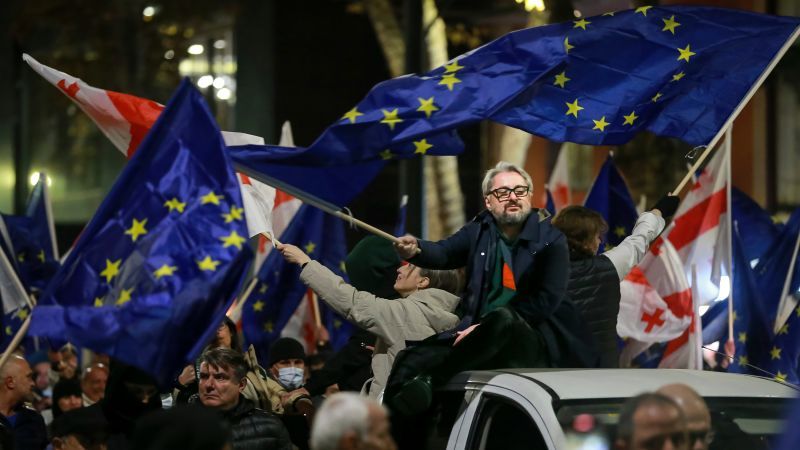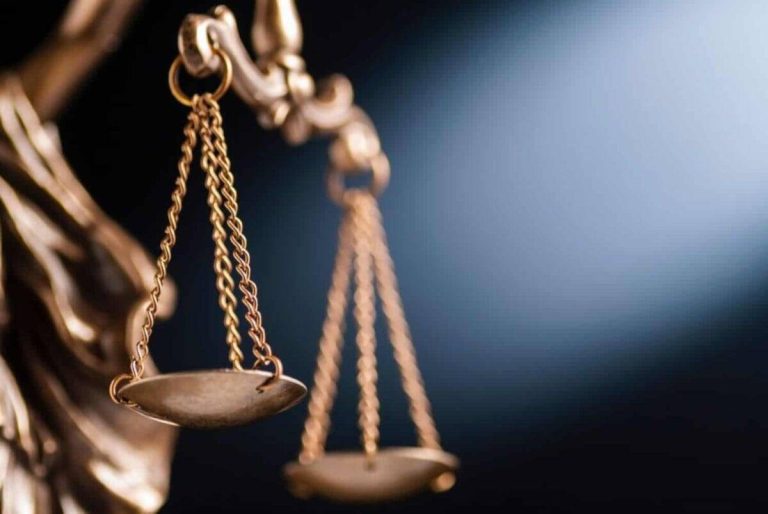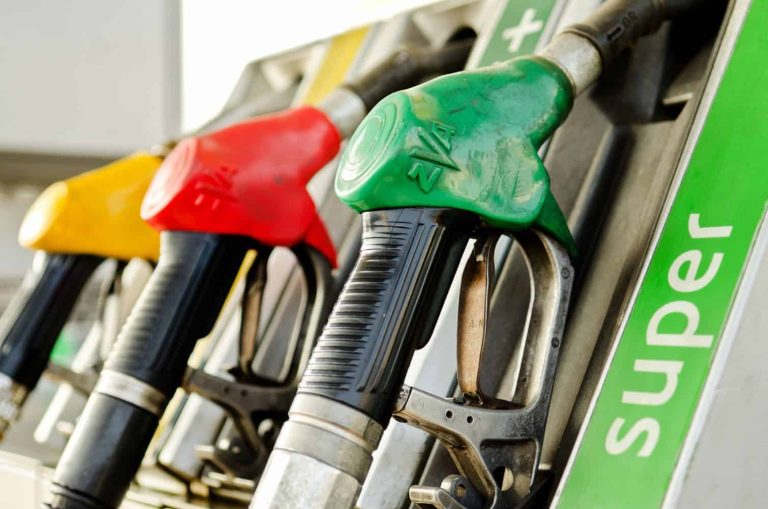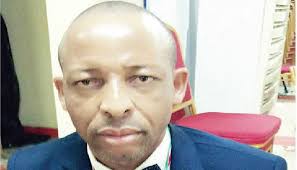
Georgia has filed sweeping criminal charges against eight prominent opposition figures — including jailed former president Mikheil Saakashvili — accusing them of plotting to overthrow the government, engaging in sabotage, and aiding foreign powers.
The move marks a dramatic escalation in what critics describe as a full-blown crackdown on dissent in the Black Sea nation.
Opposition leaders condemned the charges, accusing the ruling Georgian Dream party of weaponising state institutions to silence political rivals. One leader described the situation as nothing less than a “war on democracy.”
The country has been embroiled in political turmoil since last year’s disputed parliamentary elections, which opposition groups insist were rigged in favour of Georgian Dream.
Speaking at a press briefing on Thursday, Prosecutor General Giorgi Gvarakidze announced that the latest proceedings target Saakashvili — currently serving a 12.5-year sentence for abuse of office, a conviction widely criticised by human rights groups as politically motivated — as well as several senior opposition figures.
The most severe charge, “assisting a foreign state in hostile activities,” carries a potential 15-year prison term.
Many of the accused are already behind bars, including Nika Gvaramia, Nika Melia, and Elene Khoshtaria, whose prosecutions have long been viewed as acts of political retaliation.
Gvaramia denounced the new charges as “absurd political theatre,” accusing Georgian Dream of systematically dismantling Georgia’s democratic institutions. “The oligarchy must fall,” he declared in a social media post.
Zurab Japaridze, leader of the Girchi party and another of the accused, warned that the government had “crossed the final line into authoritarianism.”
Khoshtaria, leader of the Droa party, vowed to continue resisting government pressure: “No intimidation will stop us from defending Georgia’s European future.”
Prosecutor Gvarakidze alleged the opposition politicians had “worked against Georgia’s constitutional order and national security,” claiming they shared information about energy and defence matters with Western governments that later imposed sanctions on Georgian officials. He further accused them of attempting to “radicalise street protests” following last October’s election by encouraging efforts to seize state institutions.
Saakashvili, a pro-Western reformist who served as president from 2004 to 2013, is accused of using social media to urge supporters to “resist and topple the regime.”
The European Union has repeatedly criticised Georgia’s democratic backsliding, warning that recent actions by the government threaten the country’s long-stated ambition of joining the EU.
Just last month, Georgian Dream petitioned the Constitutional Court to ban the country’s three largest opposition parties altogether.
Although the ruling party initially branded itself as liberal and staunchly pro-European, critics accuse it of shifting toward Moscow’s orbit and undermining Georgia’s EU aspirations.
Georgian Dream rejects the accusations, insisting it is acting to preserve national stability amid the geopolitical tensions sparked by Russia’s invasion of Ukraine.



